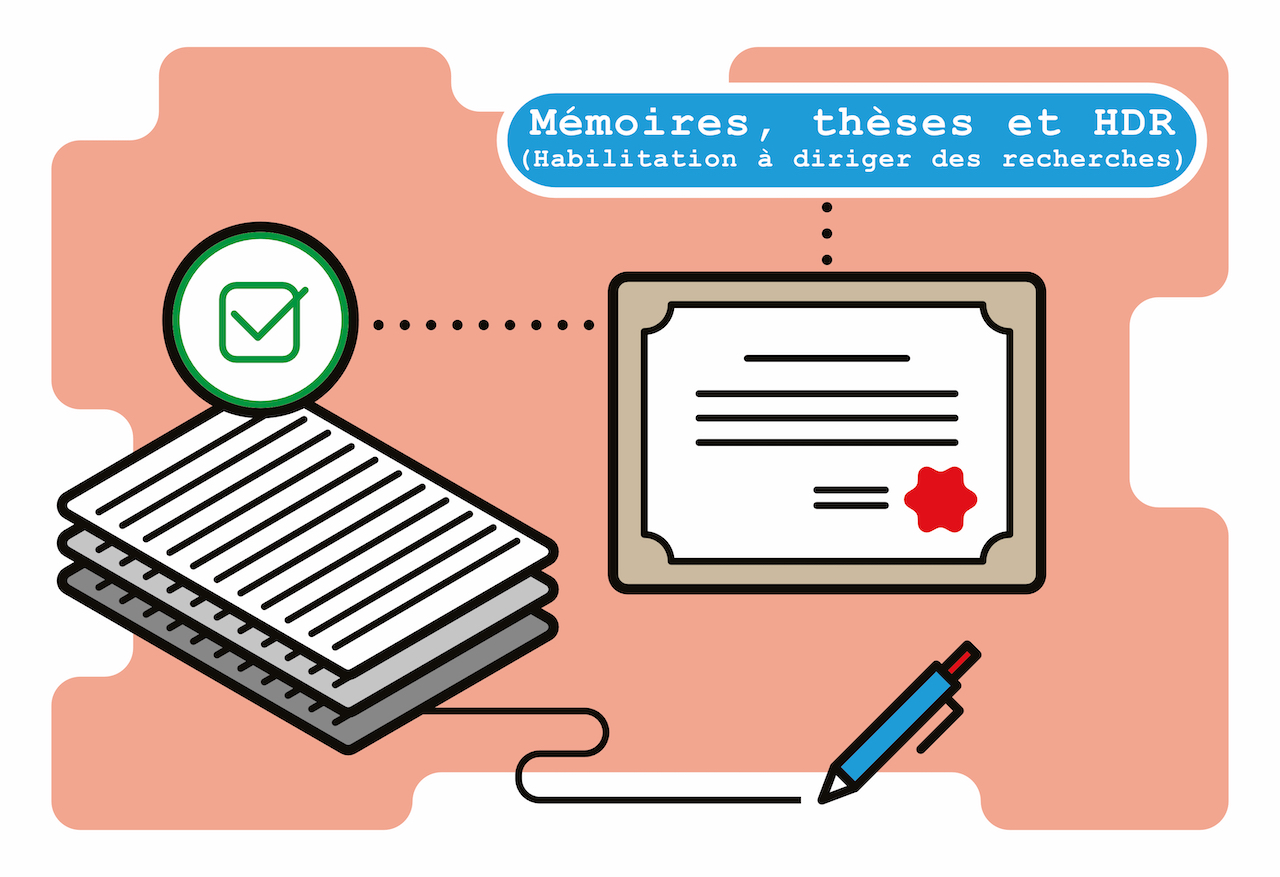Des romances au-delà des frontières : la globalisation genrée du marché matrimonial : échanges intimes, expériences migratoires et réflexivités sur le genre dans les conjugalités franco-postsoviétiques (1990-2015) Romances beyond borders : the gendered globalization of the marriage market : intimate exchanges, migratory experiences and reflexivities on gender in French-Post-Soviet conjugality (1990-2015)
Fiche du document
5 novembre 2021
- ISIDORE Id: 10670/1.e085c3...
Restricted Access , http://purl.org/eprint/accessRights/RestrictedAccess
Mots-clés
Entremise matrimoniale globalisée Formation du couple Globalisation genrée du marché matrimonial Régimes de genre Intimités transnationales Conjugalités transnationales Projet migratoire Projet de genre Expérience migratoire Échanges intimes Masculinités Blanchité Global matrimonial matchmaking Couple formation Gendered globalization of the marriage market; transnational intimacies; transnational conjugality Gender regimes Transnational intimacies Transnational conjugality Migratory project Gender project Migratory experience Intimate exchanges Masculinities Whiteness studies 306.81Sujets proches
Gender studies Genre Gendèr panerus Gender Gendèr barung Gèndèr Gendèr panembungCiter ce document
Laure Sizaire, « Des romances au-delà des frontières : la globalisation genrée du marché matrimonial : échanges intimes, expériences migratoires et réflexivités sur le genre dans les conjugalités franco-postsoviétiques (1990-2015) », Theses.fr, ID : 10670/1.e085c3...
Métriques
Partage / Export
Résumé
Cette thèse porte sur l’extension des aires de recrutement des conjoint·e·s au-delà des frontières et vise à mettre en lumière les transformations importantes qui touchent les unions transnationales depuis les années 1990. D’une part, il s’agit de comprendre les conditions sociologiques et historiques de l’augmentation de ces unions et, d’autre part, d’interroger leur caractère éminemment genré. Pour ce faire, la thèse se consacre à l’analyse des conjugalités franco-postsoviétiques et se déploie de manière kaléidoscopique : alliant méthodes qualitatives et quantitatives et naviguant entre différents sites d’enquête (Russie, Ukraine, Belarus, France), elle fait varier les échelles d’observation pour accéder aux logiques de la globalisation du marché matrimonial. La thèse restitue aussi un cheminement de recherche : elle passe ainsi par une analyse sociohistorique de régimes de genre situés produisant des masculinités et féminités (in)désirables, à une exploration ethnographique multisituée de l’entremise matrimoniale globalisée où ces projets de genre sont centraux, en passant par une étude quantitative des capitaux qui circulent et s’échangent sur le marché matrimonial globalisé. De là, la thèse plonge dans la complexité et l’épaisseur des parcours de vie en restituant en miroir les parcours de femmes postsoviétiques et d’hommes français engagé·e·s dans un mariage transnational. Si les premières donnent à voir des projets où s’entremêlent le matrimonial et le migratoire, les seconds sont avant tout dans une quête d’ascension sociale où le professionnel prime. De ces parcours parallèles surgissent néanmoins des points de rencontre : au cœur des interactions intimes, comprenant leur lot d’ajustements et de désajustements, émergent des réflexivités sur le genre produites à la fois dans l’expérience migratoire et par la conjugalité transnationale.
